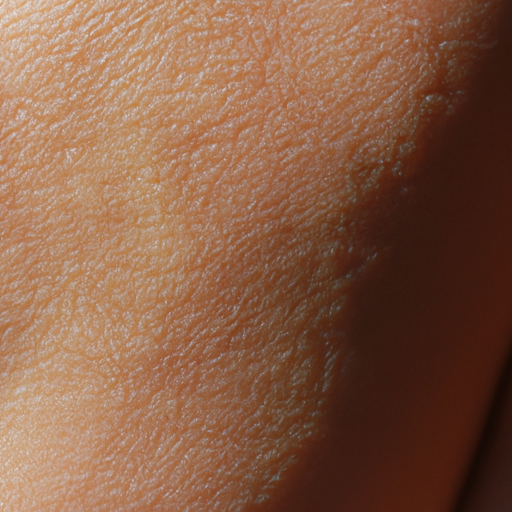As a medical professional, I often encounter patients who are frustrated with their oily skin. This common skin type is characterized by an overproduction of sebum, the skin’s natural oil, which can lead to a shiny complexion, enlarged pores, and an increased risk of acne. However, with the right skincare regimen and lifestyle modifications, it is possible to manage oily skin effectively. Here is your ultimate guide to tackling oily skin.
Firstly, let’s understand the root cause of oily skin. It’s primarily due to overactive sebaceous glands that produce excess sebum. This can be triggered by various factors such as genetics, hormonal changes, stress, and even weather conditions. While sebum is essential for keeping our skin hydrated and protected, too much of it can lead to the problems mentioned earlier.
One of the most important steps in managing oily skin is cleansing. It’s crucial to wash your face twice daily with a gentle, oil-free cleanser. This helps remove excess oil and impurities without stripping your skin of its natural moisture. Avoid harsh soaps or products with alcohol as they can over-dry your skin, causing it to produce even more oil to compensate.
Exfoliation is another key step in your skincare routine. It helps remove dead skin cells that can clog pores and increase oil production. However, it’s important not to over-exfoliate as this can irritate your skin and trigger more oil production. Aim for once or twice a week using a gentle exfoliant.
Moisturizing is a step that people with oily skin often skip, thinking it will make their skin oilier. However, this is a misconception. Even oily skin needs hydration to maintain its health and balance. Opt for oil-free, non-comedogenic moisturizers that hydrate your skin without clogging your pores.
In addition to these skincare steps, it’s also important to pay attention to your diet. Foods high in sugars, fats, and oils can stimulate sebum production. Try to incorporate more fruits, vegetables, and lean proteins into your diet, which can help control oil production and improve your overall skin health.
Stress management is another crucial aspect of controlling oily skin. High stress levels can trigger an increase in oil production. Therefore, incorporating stress-reducing activities such as yoga, meditation, or regular exercise into your routine can be beneficial.
Lastly, always protect your skin from the sun. Sun exposure can trigger your skin to produce more oil and can also lead to other skin problems. Always apply a broad-spectrum sunscreen with at least SPF 30 before stepping out.
Medication is another option for those with severe oily skin. Certain topical treatments can help reduce oil production. Retinoids, for example, can help regulate skin cell turnover and decrease oil production. However, these should only be used under the guidance of a dermatologist as they can cause side effects such as dryness and irritation.
In conclusion, while dealing with oily skin can be frustrating, it’s important to remember that it’s not a reflection of your hygiene or lifestyle. It’s simply a matter of genetics and hormonal balance. With the right skincare routine, diet, stress management techniques, and possibly medication, you can effectively manage oily skin and banish that unwanted shine. Remember, everyone’s skin is unique, so what works for one person may not work for another. It may take some trial and error to find what works best for you. Don’t hesitate to seek professional help if you’re struggling to manage your oily skin.



